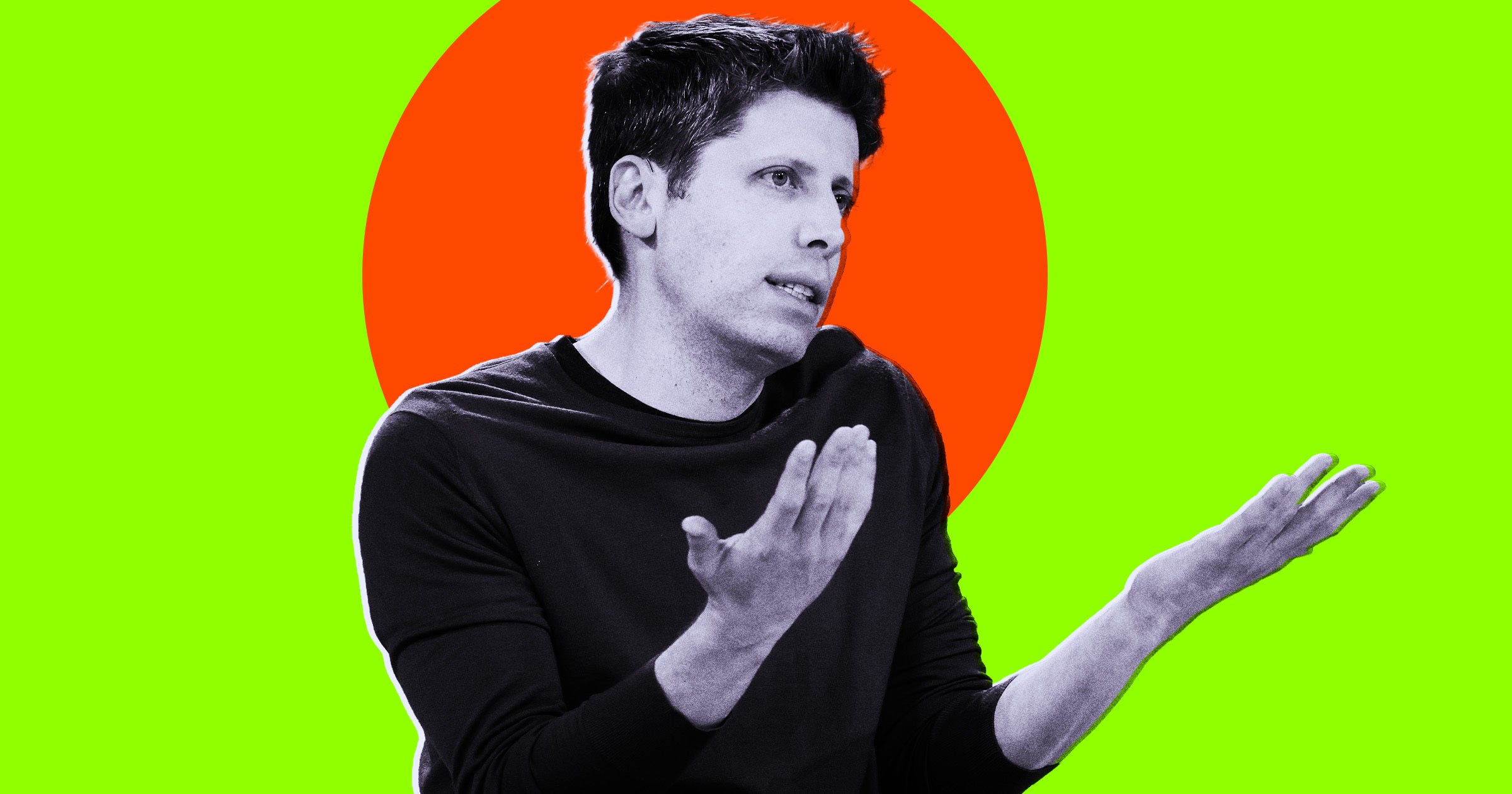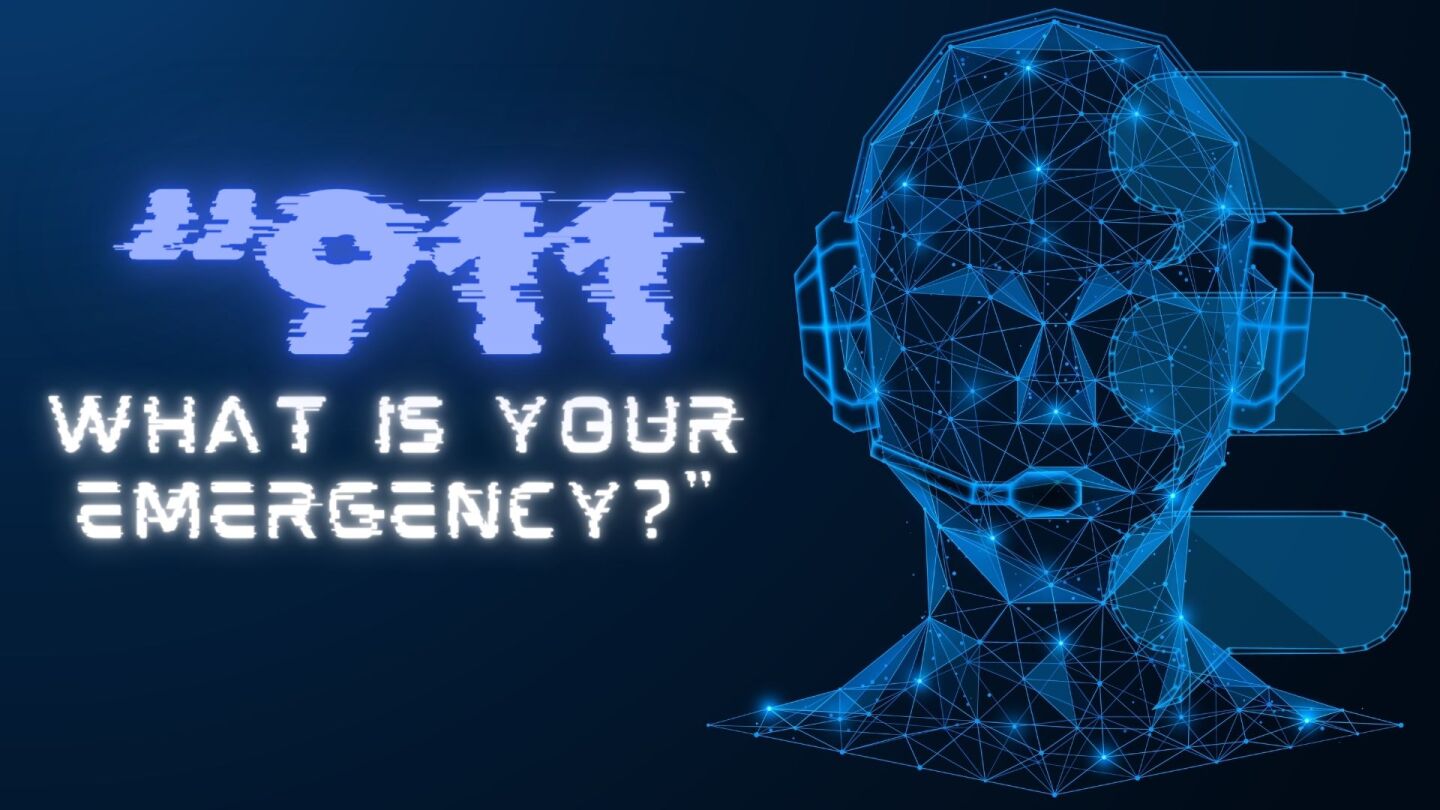
In recent developments, OpenAI’s ongoing transformation from a nonprofit organization to a for-profit entity appears to be putting its vital partnership with Microsoft at risk. Industry experts and insiders suggest that the fundamental changes in OpenAI’s corporate structure and financial orientation could lead to tensions with the tech giant, which has been one of its most significant collaborators and investors.
Since OpenAI’s inception, the company was founded on principles of open research and the ethical advancement of artificial intelligence. However, in 2019, OpenAI introduced a ‘capped-profit’ model with the creation of OpenAI LP, a move designed to allow it to raise the capital needed to develop cutting-edge AI technologies such as ChatGPT and GPT-4. Microsoft invested billions of dollars into OpenAI, embedding its technology into services like Microsoft Azure and integrating AI features into its suite of products.
Yet, as OpenAI continues to grow and evolve, transitioning to a more traditional corporate model, concerns are emerging over whether this shift undermines the nonprofit ideals that initially drew Microsoft and other stakeholders into partnership. Reports suggest that the balance between profit motives and long-term ethical frameworks may be tipping, potentially endangering the trust and alignment that has historically defined the alliance.
Furthermore, recent internal changes at OpenAI, including board reshuffles and modifications to its mission statements, may signal a deeper pivot toward prioritizing commercial success. This transformation comes at a time when the AI field is witnessing increasing scrutiny over data ethics, fairness, and transparency. Microsoft, which has positioned itself as a leader in responsible AI implementation, might reassess the strategic value and reputational risk of continuing its collaboration at its current scale.
The potential fallout of a deteriorating relationship between OpenAI and Microsoft could have wide-ranging implications for the industry, particularly as both entities are critical players in the global AI race. The situation remains dynamic, with analysts closely monitoring how these developments might reshape the direction of AI innovation and governance in the coming years.
As pressures mount and financial interests diverge from foundational ideals, the future of OpenAI’s partnership with Microsoft—and by extension, the future of ethical AI development—remains uncertain.
Source: https:// – Courtesy of the original publisher.








